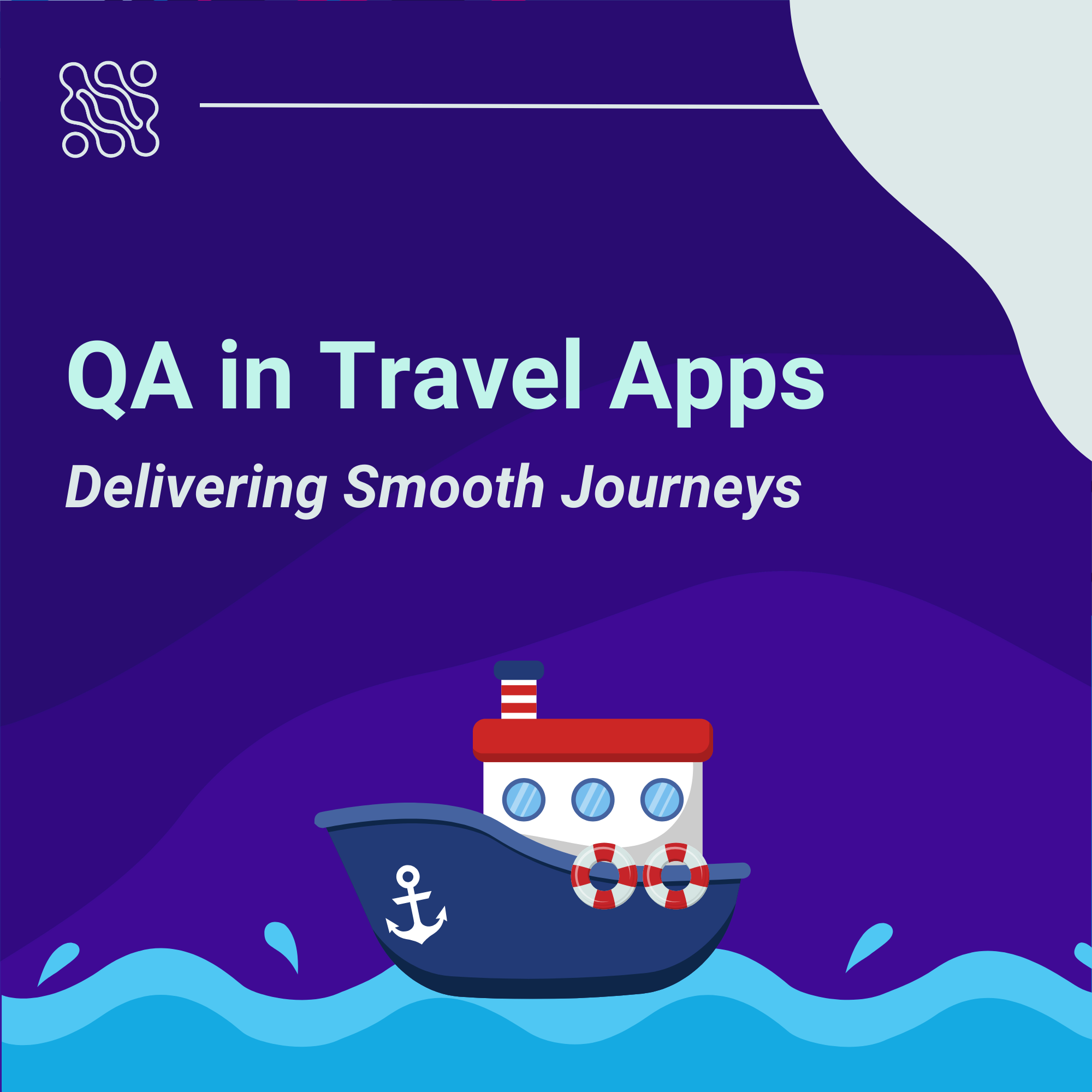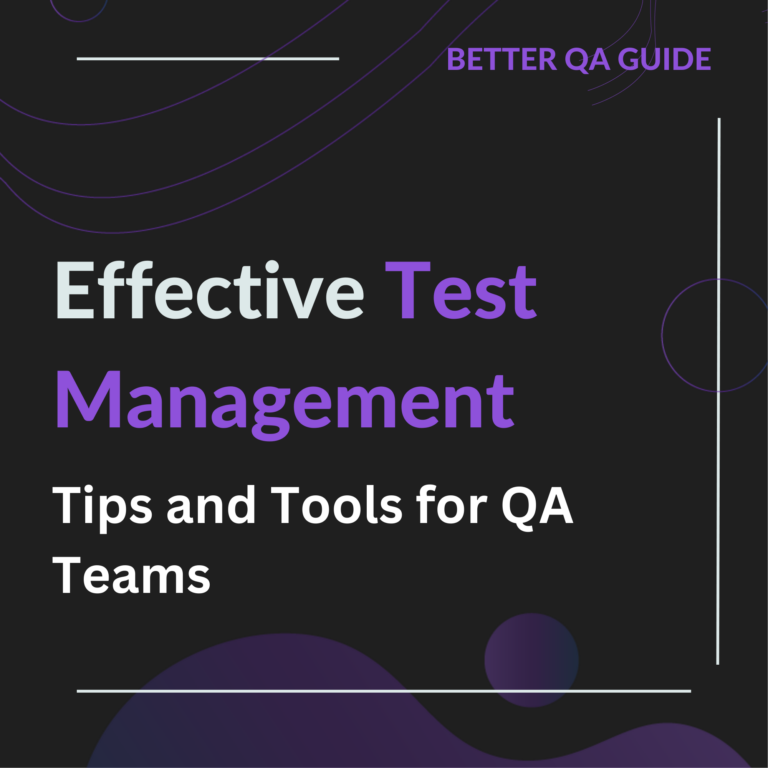Introduction
Let’s face it: traveling can be stressful, and your travel app needs to be the one thing that makes it a little easier. Whether it’s booking a flight, finding the perfect hotel, or navigating through an unfamiliar city, travel apps need to work perfectly every time. But even the tiniest glitch can make users frustrated and send them running to a competitor. That’s where quality assurance (QA) comes in, and trust me, it’s a game changer for travel apps.
At BetterQA, we get that a seamless, smooth app experience isn’t just a luxury; it’s essential. It’s about ensuring the app doesn’t just work, but works flawlessly, every time, for every user. Here’s why QA is absolutely vital for travel apps and how we approach it.
Why is QA Critical for Travel Applications?
BetterQA’s Approach:
At BetterQA, we focus on early testing to catch defects before they reach production. Addressing bugs during the design phase can reduce post-release costs by up to 5000% compared to fixing them later. Our proactive QA approach reduces risks and improves the overall quality of travel apps, making them more reliable for users.
1. Complex Functionality and Integrations
Travel apps often work with third-party services; payment gateways, booking systems, location services, APIs like Google Maps, and more. If any of these fail, the whole experience can crash.
How We Help:
We do a deep dive into testing third-party integrations to ensure they function perfectly under all conditions, from payment to location tracking. By running tests in various scenarios, we make sure that everything connects seamlessly, so there’s no disruption in the user’s journey.
2. High User Expectations
When people use travel apps, they expect everything to be quick and reliable. If it’s slow or unresponsive, you can bet they’ll be switching to a competitor.
How We Help:
We simulate real-world conditions, like the crazy holiday season traffic, to test how the app performs under peak usage. Our risk-based testing focuses on ensuring the app handles these busy times without a hitch, reducing the chances of frustrating slowdowns or bugs.
A study shows that 88% of users are less likely to return to an app after a poor experience. Effective QA can reduce post-release defects by up to 50%, lowering the risk of app abandonment.
3. Cross-Platform and Cross-Device Compatibility
Your app needs to work flawlessly across all devices; whether it’s on Android, iOS, or a web browser. A travel app that doesn’t work across platforms can mean lost users.
How We Help:
We don’t leave things to chance. Our QA engineers use cloud-based tools to test your app on a wide range of devices and platforms, ensuring your users get the same experience no matter what device they’re using.
4. Security Concerns
Travel apps handle sensitive data, from personal identification to payment details. A breach could mean not just losing trust, but also serious financial consequences.
How We Help:
Our security testing focuses on everything from encryption to secure transactions and strong authentication protocols. We make sure your app adheres to the strictest security standards, so both your business and your users stay safe.
5. Real-time Functionality
Travel apps often provide real-time updates like flight statuses, hotel availability, or weather conditions. These need to be accurate, especially when network conditions are less than ideal.
How We Help:
We perform stress and performance testing to make sure real-time updates still work well under tricky conditions like low bandwidth or network disruptions. Users need up-to-date info, no matter what.
6. User Interface (UI) and User Experience (UX) Testing
When people use travel apps, they’re often in stressful situations (like racing through an airport). If the app isn’t easy to use or looks confusing, it’s going to make things worse.
How We Help:
We run thorough UI/UX testing to make sure the app is intuitive and easy to navigate, even when users are on the move. Everything, from booking a hotel to checking flight updates, should be as smooth and simple as possible.
7. Performance Under Load
High traffic during busy travel seasons? No problem. Travel apps need to be able to handle these surges in usage. Otherwise, they risk crashing or slowing down.
How We Help:
Our QA engineers conduct load and performance tests, stress-testing the app to ensure it can handle high user volumes. The last thing you want is for your app to crash when everyone’s booking flights for the holidays!
8. Compliance with Industry Regulations
Travel apps also need to meet regulatory standards, such as GDPR for European users and PCI DSS for secure payments. It’s not just about being secure; it’s about being legally compliant.
How We Help:
We make sure your app meets all the necessary legal requirements, from data protection laws to payment security protocols. Compliance is key to avoiding legal headaches down the line.
Common Pitfalls in Travel App Development
Before we dive into how QA fixes these problems, let’s look at a few common mistakes in travel app development:
Unreliable APIs: APIs for flights, hotels, and payments can break down if not thoroughly tested, causing transaction failures.
Solution: We test APIs under all conditions, ensuring they’re reliable with clear error messages and backup systems in place.
Payment Failures: A malfunctioning payment gateway could result in abandoned bookings.
Solution: We perform comprehensive payment testing, checking every method and scenario to ensure smooth transactions.
Slow Load Times: An app that doesn’t load quickly, especially during peak travel times, will lose users.
Solution: We optimize the app for speed using performance testing and backend optimizations to keep things running smoothly.
Conclusion
In travel apps, there’s no room for error. Even minor glitches can drive users away. Ensuring smooth performance, top-notch security, and a seamless experience is vital to keeping users engaged and loyal. At BetterQA, we tackle the entire QA process, from testing third-party integrations and optimizing performance during peak times to securing sensitive data. Our goal is to make sure your travel app meets user expectations and exceeds them in every interaction.
By addressing issues early, ensuring cross-platform compatibility, and maintaining constant monitoring, we help your app stay ahead of the game. Ready to improve your travel app? Let’s talk and make sure your app is ready for a smooth journey!
Stay Updated with the Latest in QA
The world of software testing and quality assurance is ever-evolving. To stay abreast of the latest methodologies, tools, and best practices, bookmark our blog. We’re committed to providing in-depth insights, expert opinions, and trend analysis that can help you refine your software quality processes.
Delve deeper into a range of specialized services we offer, tailored to meet the diverse needs of modern businesses. As well, hear what our clients have to say about us on Clutch!



